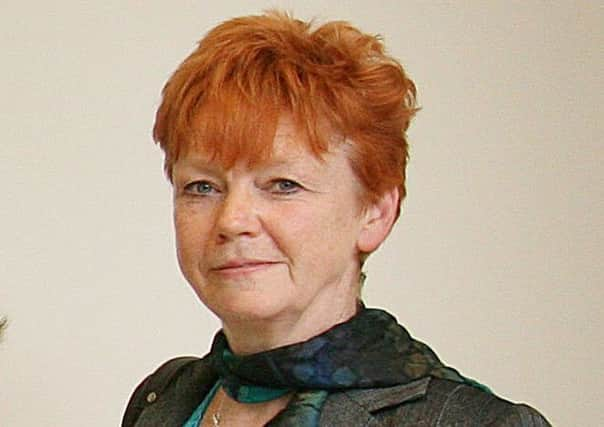Legal expert's misgivings over Evans trial evidence


The Wales international footballer was acquitted of rape last Friday following a five-year battle to clear his name.
In a rare move, the jury at Cardiff Crown Court heard evidence from two men who had sex with the complainant around the time of the rape allegation.
Advertisement
Hide AdAdvertisement
Hide AdVera Baird, police and crime commissioner for Northumbria and a former solicitor general, told Radio 4’s Today programme: “The only difference between a clear conviction of Mr Evans in 2012 and the absolute refusal of him having any leave to appeal at that time, and his acquittal now, is that he has called some men to throw discredit on [the woman’s] sexual reputation.
“That, I think, is pouring prejudice, which is exactly what used to happen before the law in 1999 stopped the admission of previous sexual history in order to show consent. We’ve gone back, I’m afraid, probably about 30 years.”
The footballer, 27, was originally convicted of raping a 19-year-old woman in a Premier Inn near Rhyl, north Wales.
He served half of a five-year prison sentence before being released, but there was a public outcry when he attempted to return to professional football.
Evans joined League One club Chesterfield FC after the Court of Appeal quashed his conviction and ordered a retrial earlier this year.
His family had employed private investigators to gather new evidence, with a £50,000 reward offered for information to help his case. The jury took less than three hours to find Evans not guilty of the charge following the eight-day trial.
In a statement read out on Evans’ behalf after the verdict, the footballer said: “In the early hours of 30 May 2011, an incident occurred in north Wales that was to change my life and the lives of others forever. That incident did not involve the commission of a criminal offence and today I am overwhelmed with relief that the jury agreed.”